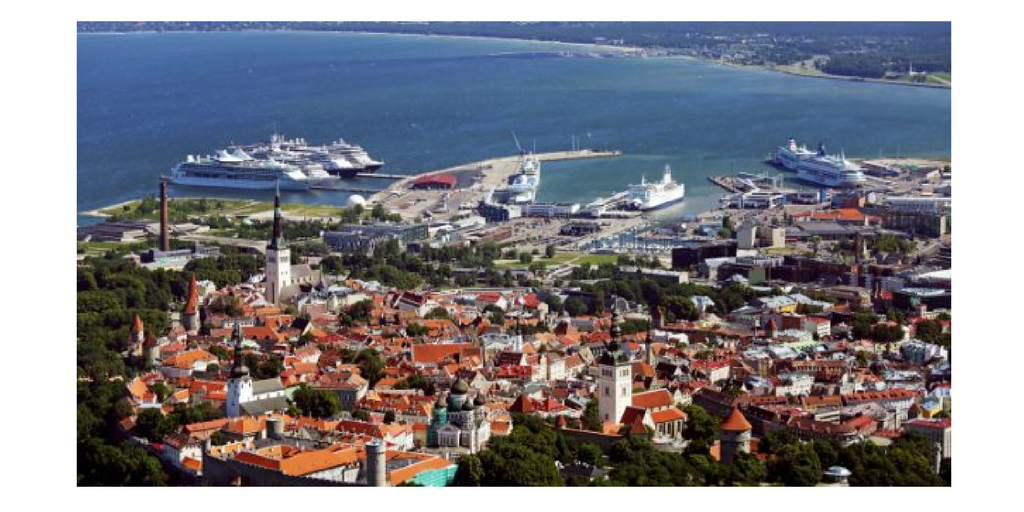
The port of Tallinn informed that, starting in 2018, all ships that use LNG as their main fuel will be able to apply for a discount of 4% on tonnage fees when calling at harbours of the Port of Tallinn.
The goal of this initiative is to promote the adoption of environmentally friendlier technologies in the Baltic Sea shipping sector.
“Similarly to other ports in the European Union and Norway, the Port of Tallinn has set a course toward environmentally differentiated port fees, with the aim of reducing the amount of air pollution and marine pollution from ships’ waste handling and gaseous emissions. While currently cruise ships that sort their waste receive a discount on the waste fee, next year we will introduce a discount on port infrastructure fees for all ships that use LNG as their primary fuel,” said the head of quality and environmental management department at the Port of Tallinn, Ellen Kaasik.
The Port of Tallinn also supports other initiatives and investments, whose goal is the adoption of cleaner technologies in the shipping sector. Port of Tallinn also provides incentives for ships that invest in scrubbers for reducing sulphur compounds in emissions and accepts the waste generated by scrubbers without charging additional fees.
Ellen Kaasik added that the port will continue its policy of environmental differentiation port fees, by implementing the Environmental Ship Index (ESI) energy performance system, which was developed by the World Ports Climate Initiative(WPCI).
The ESI system is based on the emissions of nitrogen compounds (NOx), sulphur compounds (SOx), solid particles (PM) and CO2, and takes into consideration whether ships are connected to shoreline power and the use of power at ports.
The implementation of differentiated port fees in various EU ports and a study about the impacts is part of the Green Cruise Port project, which is co-financed by the EU through the INTERREG BSR programme, which unites ports and cruise tourism sector companies in the Baltic Sea and North Sea countries.
 EN
EN  it
it

